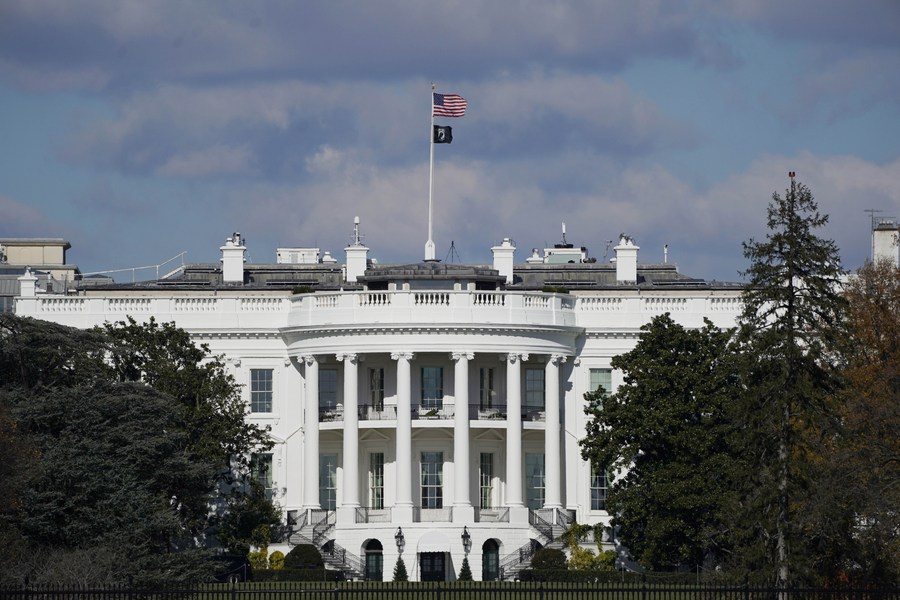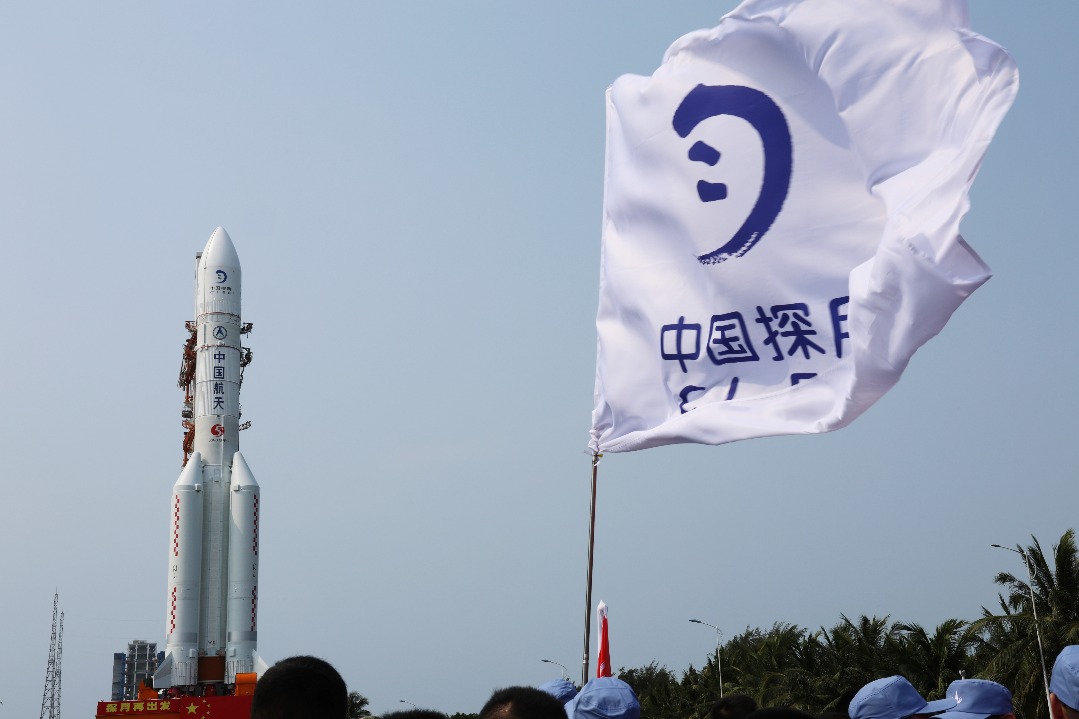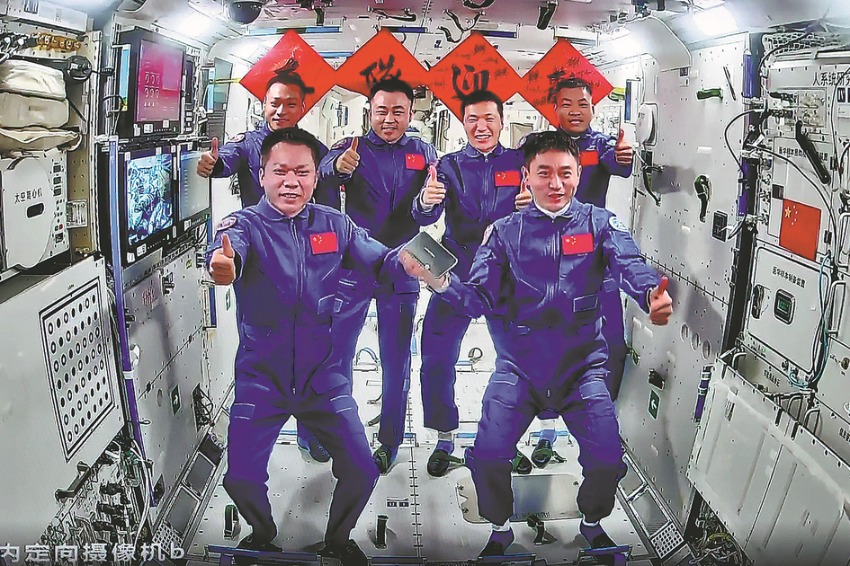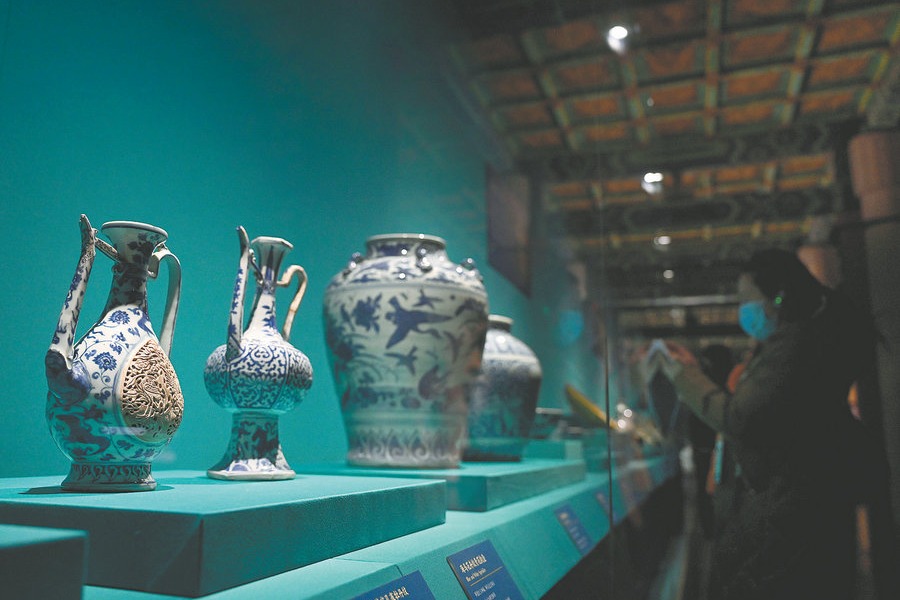China paranoia on campus: Why I resigned from UNC Chapel Hill


The resignation of a senior faculty member from a major university is usually a fairly commonplace event, but we are living in very unique times. I made the decision to resign my faculty appointment at the University of North Carolina at Chapel Hill because I felt there existed an unbridgeable philosophical gap between the university's academic leadership and myself regarding engagement with China.
As anyone reading the daily news knows, over the last 3-4 years in particular, US-China ties have been in a downward spiral. Political relations are the worst they have been in many decades. Tensions in the political sphere have spilled over into the realm of S&T collaboration and education exchanges.
Many American universities are filled will great anxiety about whether they should maintain on-going cooperative relationships with China because key segments of the Congress and White House are embarked on a course to delink and "de-risk" our ties with China. Academic freedom is being put at risk as universities make it difficult, if not impossible, for their faculty, students and administrators to engage in existing programs post-COVID, let alone embark on new programs.
There is a sustained fear in the air on many US university campuses that federal funds will be cut if a campus is seen as being too close to China—even if those links do not present any direct national security threat. Campus leaders, especially in public universities like UNC, feel huge pressure to follow State Department guidance to refrain from travel to China because of fears that those trying to leave that country might have their departures blocked for an assortment of political reasons.
In my case, as I have done since the early 1980s, I willingly agreed to receive a three person delegation from the PRC Embassy in Washington DC to hold informal, off the record discussions about the state of US-China relations. The meeting was intended to be low profile and not for public consumption. At a time when great mistrust exists between our two countries, it is more important than ever for the two sides to maintain active communications and dialogue. Otherwise, the downward spiral will get even worse and the possibility of mending fences in the future will become much more difficult. One does not have to be a so-called "panda hugger" to embrace the idea that mutual understanding is enhanced through honest, frank exchanges of opinion. Because of my actions in accepting this delegation, I had my hand slapped by the university provost and told to desist from accepting such requests without securing formal permission from the UNC academic leadership.
None of the officials from the PRC Embassy were seeking out sensitive scientific or technical information; nor were they on a mission to gather protected information about activities at the university. They merely wanted to speak with faculty members who had previously engaged in cooperation with Chinese counterparts.
As many people may know, the environment on many American university campuses regarding China already has been poisoned by the so-called China Initiative, a program run under the Department of Justice and the FBI to weed out alleged spies among the US academic community. The program was terminated because, among those persons being prosecuted, there was insufficient or no evidence to move ahead with the majority of the cases; except in a few isolated instances, most of the charges were dropped.
The program was also halted because it was tainted by the fact that the bulk of those being accused were Chinese-Americans. From the way these cases were developed, there were clear racist overtones regarding the identification of so-called wrong-doers. After a huge outcry from across many universities and the Asian American community in the US, the DOJ was forced to shut down the program. Though the China Initiative may no longer exist, there are suggestions unfortunately that parts of the investigative aspects of the original program remain in place.
As an individual who has spent four decades working to build bridges of understanding and cooperation between the US and China, it is clear that the current interventions into university academic affairs represent a fundamental threat to academic freedom. Even more importantly, unlike in the past when relations in the sphere of education and research were highly unequal and asymmetrical, the situation is 180 degrees different today.
While China's rise may be viewed as a so-called "existential threat" to the US by many in the world of the Beltway, the fact is that China's enhanced capabilities in science, technology and education represent an exciting opportunity for real mutual benefit from enhanced interactions and cooperation. The simple fact is that there is no major global challenge out there—climate change, clean energy, global pandemics, cancer, food security, etc.—whose meaningful solution does not depend on close US-China collaboration.
By cutting off engagement with China, American academics are in danger of losing access to the world's number two economy and the second largest spender on R&D across the globe. Moreover, by creating distance between our two countries, we also are putting at risk the future of our talent pipeline, which is severely in need of high end talent from China to join our graduate programs and eventually secure employment in those fields where the US hopes to maintain a strategic competitive advantage. Our companies, as well as our universities, need talent from China to make sure we can carry out research in those fields that define the cutting edge today and in the future.
Simply stated, I believe that the restrictive policies being followed by many US universities such as UNC are wrongly oriented and will prove detrimental to the long term interests of the United States. No one is saying that the bilateral relationship is not without its problems. Serious issues remain regarding the protection of intellectual property, the treatment and protection of data, and the use of knowledge into areas that go beyond civil application.
In 1978-79, when the US and China signed the original umbrella agreements to facilitate cooperation in science and technology as well as education, most of the issues that dominated the current bilateral agenda were not considered critical with China so far behind the US in most fields that no one imagined China catching up to the US any time soon. With the rapid development of Chinese research capabilities, improvements in the performance of China's innovation system and the enhancement of Chinese universities, we clearly have entered a new era. The answer, however, is not to be found in delinking, but in exploring new and better ways our universities, think tanks, research centers and corporations can more effectively work together to arrive at win-win, mutually beneficial solutions.
I intend to continue to work for improved Sino-US relations as an integral part of my career trajectory. Unfortunately, I reached the conclusion that being at UNC was antithetical to that goal; university controls on my activities were like a potential albatross around my neck. Instead of running scared about potential federal government funding cutoffs and Congressional criticisms, our universities should be the bastion of a new vision for cross-border collaboration and cooperation.
The US needs China and China needs the US. We may not like the idea of such intense interdependence, but the fact remains that China's rise is a reality that our country must learn to deal with. I hope American university leaders will use my example as a reason to take a step back and consider the full consequences of their behaviors; it is time to take a unified stand against the current series of misinformed policies that are akin to watching us drive off a cliff even as we see the edge right in front of us.
Denis Simon is a clinical professor of Global Business and Technology, Kenan-Flagler Business School, University of North Carolina at Chapel Hill. The views don't necessarily reflect those of China Daily.
If you have a specific expertise, or would like to share your thought about our stories, then send us your writings at opinion@chinadaily.com.cn, and comment@chinadaily.com.cn.


































